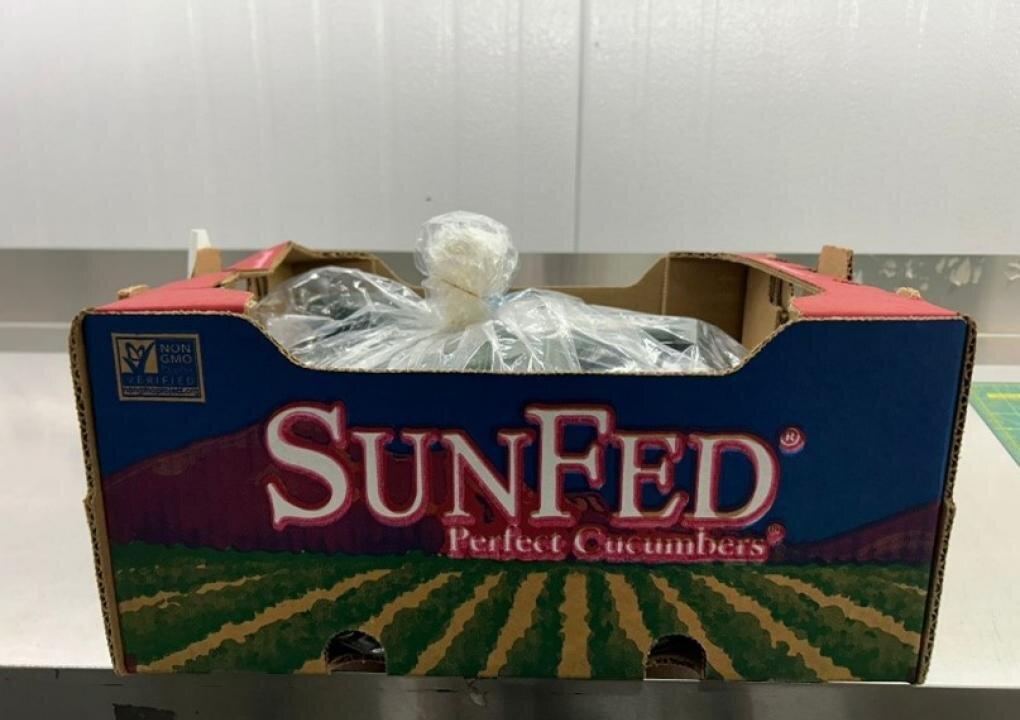The Canadian Food Inspection Agency (CFIA) is conducting a food safety investigation after a U.S. company recalled cucumbers shipped to four Canadian provinces due to possible salmonella exposure.
SunFed Produce LLC is warning customers in Canada and the U.S. that all sizes of its cucumbers could be contaminated with salmonella. The produce was shipped to stores in Alberta, British Columbia, Saskatchewan, and Ontario.





